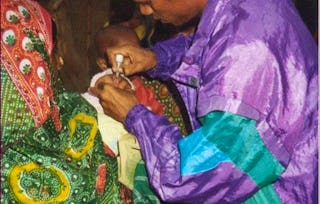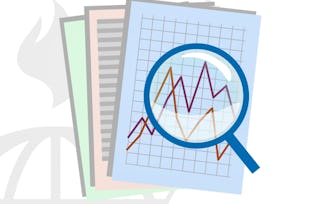- Conduct epidemiologic surveillance to inform decision-making
- Apply best practices for healthcare data collection and analysis - Apply the lessons learned from the polio eradication effort This informative three-week course will prepare you to meet the challenges of conducting epidemiologic surveillance to gather data to inform decision-making and planning. Using the polio eradication effort as a case study, you’ll address the application of surveillance systems in a wide variety of settings. Throughout the course, you’ll reflect on and apply the lessons learned from the global polio eradication initiative, an effort led by the World Health Organisation resolved to eradicate the disease poliomyelitis. You will learn lessons from this initiative - the largest of its kind in history -and will apply data for decision-making going forward. You’ll also discuss the challenges and strategies that can be presented when applying data. You will identify various different epidemiological systems in countries, such as the Democratic Republic of Congo and Nigeria, and on how to conduct data collection in remote areas. Then, you will discuss the best practices for conducting epidemiologic surveillance in a wide range of locations and will come to a range of solutions for the conclusion of how to conduct and use data in a variety of different situations.



















